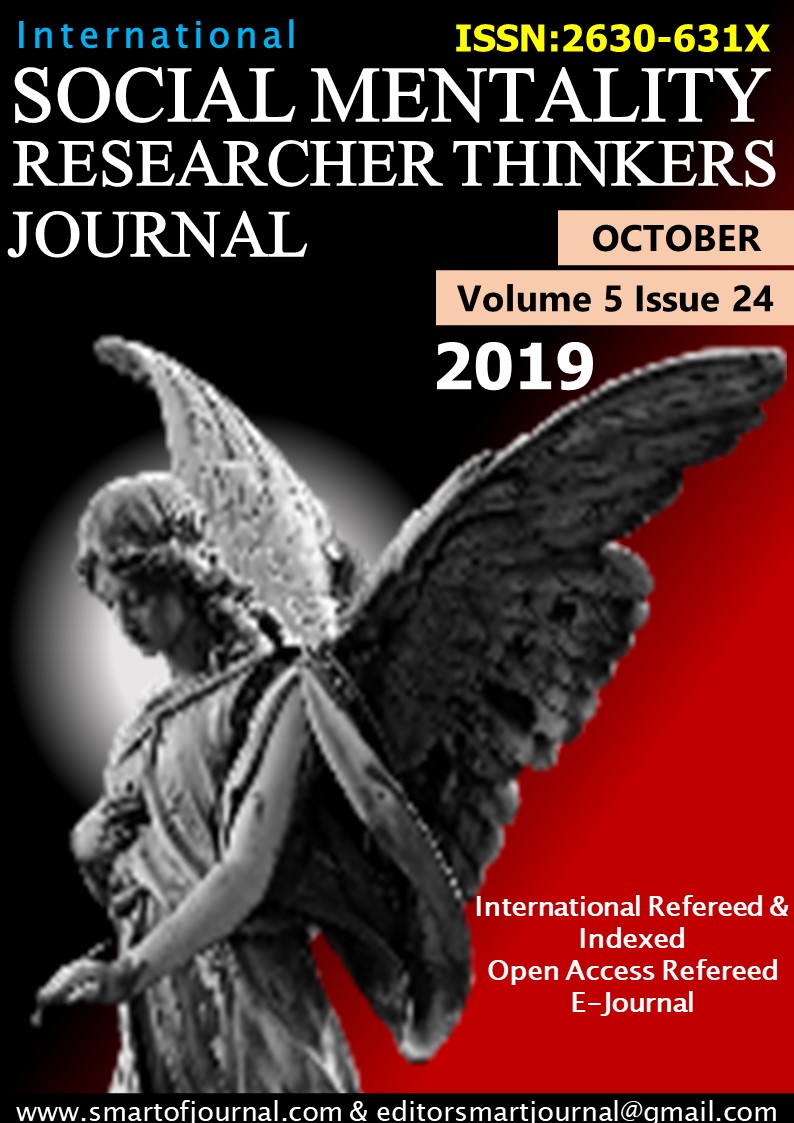Author :
Abstract
Türk Hıfzıssıhha Müessesesi, 1928 yılında salgın hastalıklara karşı çözümler üretmek amacıyla Almanya’dan getirilen uzman-yönetici, akademisyen ve eğitmenler nezaretinde Rockefeller Vakfı’nın mali desteğiyle kuruldu. Kurum, başlangıçta, mektep haline gelme teşebbüsünde bulunmasına rağmen sadece hekimlerin değil, her meslekten uzmanın katılımını temel almış, zamanla ne okul ne de ekol haline gelebilmiştir. İktidar ve politik eksende yaşanan polemiklerle birlikte hekimler zamanla tıp fakültelerine geçerek halk sağlığı kürsülerini kurdular. Müessese, sonu gelmeyen siyasi gelişmelerle vizyonunu daraltarak amacından sapmış; mektep ise 1980’lerin başında teşkilat yapısı ve örgütsel kimliğiyle kuruluş prosedürüne dayalı işlevini kaybetmiştir. Bu makale, Hıfzıssıhha’nın genel anatomisini ele alırken, müessese içindeki mektebin tarihsel süreçte oynadığı rolü ve ortaya çıkan kopukluk varsayımını irdelemektedir.
Keywords
Abstract
Turkish Hygiene Institute was founded in 1928 by expert administrators from Germany and financial aid of Rockefeller Foundation in order to supply solutions against epidemics. Although the institute set out to become a school with the participation of doctors and experts of all disciplines, it could succeed to become neither a school of practice nor a school of thought. As a result governmental and political controversies, doctors eventually took up residence in the universities and established public health chairs. The continuous political dispute caused the Institution to narrow its vision which eroded its identity and it dissolved by losing its function at the beginning of 1980’s. This article studies the anatomy of Turkish Hygiene Institute as well as the school's role in the historical process and the emergent 'Disconnection Hypothesis.'
